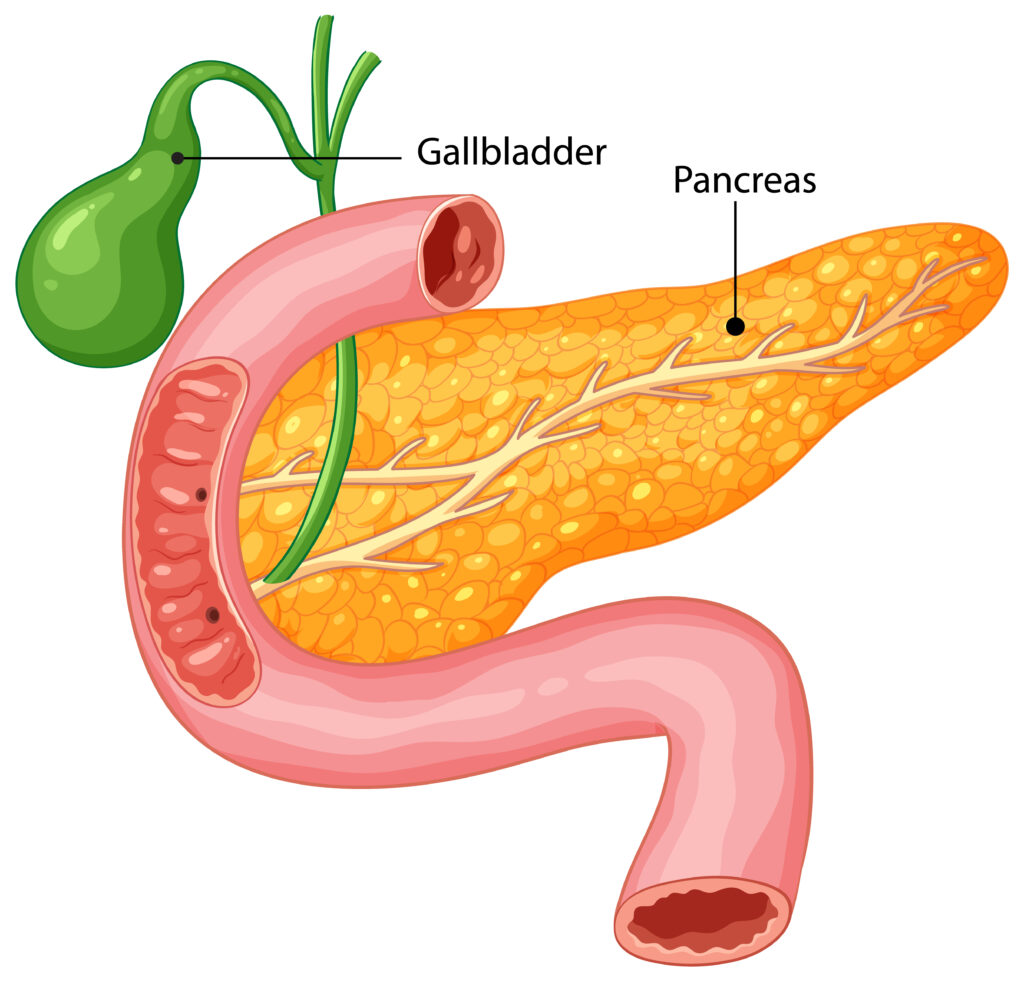Introduction
Chronic Kidney Disease is a serious condition that affects how well the kidneys can filter waste and excess fluids from the blood. It develops slowly over time and often goes unnoticed until it reaches advanced stages. According to medical research, millions of people worldwide are living with CKD and many are unaware of it because the early symptoms of the disease can be very subtle. Identifying CKD in its early stages can help slow down its progression and improve quality of life.
In this blog, we will discuss chronic kidney disease symptoms, its stages, risk factors, treatment options and why it is important to seek medical advice before it becomes severe.
What is Chronic Kidney Disease?
Chronic Kidney Disease is a long-term health condition where the kidneys gradually lose their ability to function properly. Healthy kidneys filter blood, remove toxins and regulate blood pressure. In this filtering process becomes less efficient, which can lead to waste buildup in the body. If left untreated, CKD can progress to end-stage renal disease, requiring dialysis or a kidney transplant.
Early Warning Signs of Chronic Kidney Disease
Recognizing in the early stages is vital. Some of the warning signs include:
- Persistent fatigue or weakness
- Swelling in ankles, feet or hands
- Changes in urination (foamy urine, blood in urine, or frequent urination at night)
- Loss of appetite or nausea
- Difficulty concentrating or mental fog
- Dry and itchy skin
- Shortness of breath due to fluid buildup
- High blood pressure that is difficult to control
Stages of Chronic Kidney Disease
CKD is classified into five stages, depending on how much kidney function remains.
- Stage 1 Chronic Kidney Disease
- Kidneys are mildly damaged, but still function normally.
- Few or no symptoms.
- Stage 2 Chronic Kidney Disease
- Slight loss of kidney function.
- May experience mild chronic kidney disease symptoms such as swelling or changes in urine.
- Also known as chronic kidney disease stage 2.
- Stage 3 Chronic Kidney Disease
- Moderate loss of kidney function.
- Symptoms become more noticeable.
- This stage is divided into two sub-categories:
- Stage 3a CKD – Mild to moderate kidney function loss.
- Stage 3b CKD – Moderate to severe kidney function loss. Many wonder what is stage 3b chronic kidney disease? because it usually requires stricter lifestyle changes and closer medical monitoring.
- Stage 4 Chronic Kidney Disease
- Severe kidney damage.
- Symptoms are more prominent, and complications such as anemia and bone disease may develop.
- Stage 5 Chronic Kidney Disease
- Also known as End-Stage Renal Disease (ESRD).
- Kidneys have lost nearly all their function.
- Dialysis or kidney transplant becomes necessary.
Risk Factors for Chronic Kidney Disease
Certain factors increase the likelihood of developing CKD:
- Diabetes
- High blood pressure
- Heart disease
- Family history of kidney problems
- Obesity
- Smoking
- Older age
- Long-term use of painkillers or certain medications
Treatment and Management
CKD has no complete cure, but with proper management, progression can be slowed down. Treatment options may include:
- Medication to control blood pressure, diabetes, or cholesterol.
- Lifestyle modifications such as a kidney-friendly diet, weight management and regular exercise.
- Avoiding smoking and limiting alcohol intake.
- In later stages, dialysis or kidney transplant may be necessary.
Frequently Asked Questions:
- What is chronic kidney disease?
This is the gradual loss of kidney function over time, often caused by diabetes or high blood pressure. - What are the early symptoms of the disease?
Early signs include swelling, fatigue, foamy urine, high blood pressure and changes in urination. - Can chronic kidney disease be cured?
There is no complete cure, but treatment and lifestyle changes can slow its progression. - What is stage 2 chronic kidney disease?
Stage 2 CKD means a mild reduction in kidney function. Symptoms may be minimal, but monitoring is essential. - What is stage 3 chronic kidney disease?
Stage 3 CKD indicates moderate loss of kidney function. Symptoms become more noticeable and lifestyle changes are critical. - What is stage 3b for this disease?
Stage 3b CKD is more advanced than stage 3a, with moderate to severe kidney damage. Patients need closer medical care. - What are the risk factors for this disease?
Diabetes, high blood pressure, obesity, smoking and family history are the main risk factors. - How is this disease treated?
Treatment includes lifestyle changes, medications and in advanced stages, dialysis or transplant. - Which medications are used for the disease?
Medications include blood pressure drugs (ACE inhibitors, ARBs), diabetes control medicines and cholesterol-lowering drugs. - When should I see a doctor for kidney problems?
If you notice persistent fatigue, swelling, blood in urine or uncontrolled blood pressure, seek medical advice immediately.
Conclusion:
This is a condition that should not be ignored. Detecting the disease symptoms early can make a significant difference in preventing progression. Understanding the stages of CKD, its risk factors and treatment options helps patients take control of their health. If you or your loved ones notice early warning signs, consult a healthcare provider immediately.
Taking steps in the early stages such as managing blood pressure and blood sugar, following a kidney-friendly diet and adhering to chronic kidney disease medication, can slow the progression and improve quality of life.



